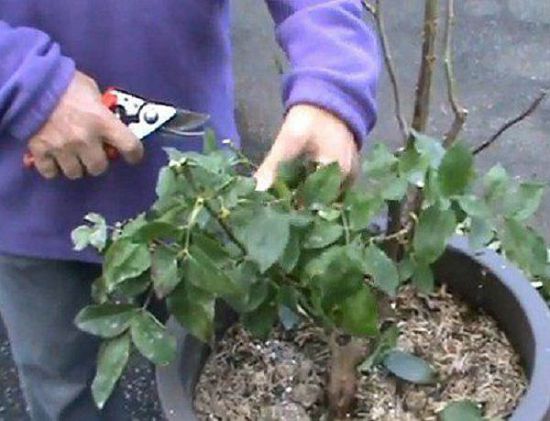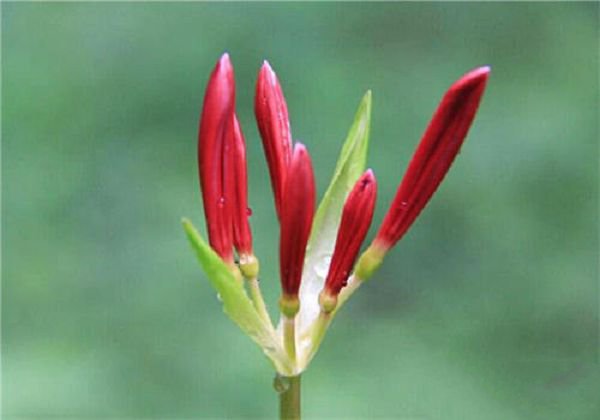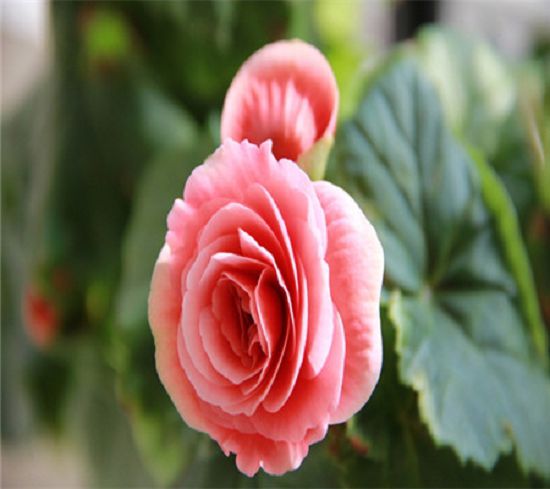How to prune and shape flowers and trees?

Woody flowers with hard branches that need to be cut off or truncated by tools are called pruning. There are two kinds of pruning: sparse pruning and short pruning.
Thinning, pruning and pruning only removes diseased branches, insect branches, overlapping branches, over-dense branches, weak branches and long branches, so that the interior of the plant is ventilated and transparent, the branches are evenly distributed, and nutrients are concentrated on effective branches to promote growth and flowering.
Short pruning is to shorten most of the branches, maintain a certain tree posture, and promote the occurrence of new branches. For the flowers and trees that bloom on the new branches in the current year, they can be cut short near the base of the branches during the dormant period, so as to reduce the starting point of the new branches in the following year and dwarf the plants; this pruning is also called turning back. For flowers and trees that bloom on biennial branches, because the flower buds are formed in the previous year, pruning should be carried out immediately after flowering, so that new branches can sprout as early as possible in preparation for flowering the following year. In the direction of flowering buds on the current year's branches, the inner buds are left when the new branches need to grow upward, and the lateral buds are left when the new branches are to spread outward. The cut is a bevel and should be smooth. The bud left should be on the other side of the cut. The cut should be 1 cm higher than the remaining bud and should not be too high or too low. If the whole branch is cut off, it should be close to the bifurcation and do not leave a residual pile.
Plant heart picking, leaf picking, flower picking and fruit picking, or bud peeling and bud peeling are called plastic surgery.
Coring refers to the removal of the top of a growing twig. It can promote the germination of lateral branches, increase the number of flowering branches, dwarf the plant, round plant shape, neat flowering, inhibit growth and postpone flowering. Leaf removal is the removal of leaves that have aged growth, wasted nutrients and affected the light of flower buds.
Some flowers after dormancy, the leaves are disorganized, the size of the leaves is irregular, and the length of the petiole is also very different, so they need to be sorted out and disproportionate leaves removed. To pick flowers is to pick the residual flowers. For example, after the rhododendron blossoms, the residual flowers do not fall for a long time, affecting the growth of buds and twigs, which need to be removed; the second is to remove unbeautiful flowers such as overgrowth and incomplete ossification.
Picking fruit is picking small fruit that is not needed. Sprouting is to peel off the young lateral buds at the base of the upper part of the branch. its purpose is to reduce too many lateral branches so as not to hinder ventilation and light, disperse nutrients, make the remaining branches grow strong and improve the quality of flowering. After bud formation, lateral buds are stripped to ensure the nutrition of the main buds, so as to improve the quality of flowering. Sometimes in order to adjust the flowering speed and make the whole plant bloom neatly, the buds are peeled several times, the branches with small buds are peeled early, the buds with large buds are peeled late, and finally the buds on each branch are similar in size and flowering size is also similar.
Related
- What if the leaves of potted flowers turn yellow?
- Florescence Control of several Flowers
- Anti-freezing technology and post-freezing nursing technology of flowers
- What is the classification of flowers? What are the common methods of flower classification?
- Prevention and control of alkali and acid damage of flowers in courtyard
- Technology of Anti-freezing and restoring growth of Flower seedlings in greenhouse and greenhouse
- How does flower fertilization not hurt the root? Fertilization technology of flowers
- Key points of disinfection in flower greenhouse
- Several pesticides that are banned or used cautiously in flowers
- How to fertilize the flowers that watch the leaves?



